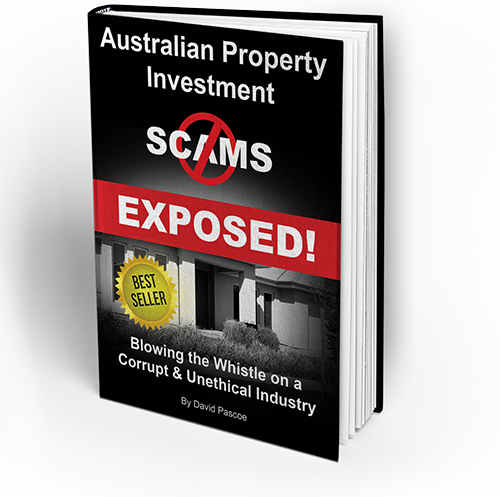3 Tips for New Property Investors
If there is one asset you should be putting your money in, it should be property.
“But I don’t have any experience and have little knowledge about the real estate market!”
Well, every investor started exactly where you are now—with no experience, afraid about buying the wrong property and making a wrong move.
With that said, don’t be afraid to jump on the real estate bandwagon. As long as you are clear about your goals, understand some of the key investing concepts and know who turn to for help, property investing can be far less daunting. The following are a few tips you might find handy as you take the plunge in the real estate market.
Build an invaluable team and expand your network.
Some things you can do alone, but investing is not of them. Seasoned investors know that a smarter way to succeed in this business is to surround yourself with people who can help and support you, such as family and friends, and most especially professionals from whom you can seek advice, such as property investment consultant, accountant, solicitor, conveyance and financial broker.
Networking with like-minded people, such as fellow investors, other property investment consultant, and more is also recommended. So attend real estate investment talks, seminars and shows to meet people who share your interest and from which you can swap tips, information and investing stories with.
Choose an investment strategy and stick with it.
As a beginner, you are better off sticking to one strategy and mastering if first before employing multiple strategies. Choose one that allows you flexibility and suits your risk profile. Some of those strategies you can consider include:
- Flipping. This entails buying cheap property, renovating it and then quickly selling it at a higher amount for a profit.
- Buy-and-rent. This is where you purchase a property and then rent it. This can expand your income stream and helps you pay up the mortgage.But be prepared to take the work to manage your asset, especially if you don’t plan to use a property manager.
- Buy-and-hold. This means buying a house or more when prices are low and then holding on to them for at least two property cycles (15 years or more) and then selling them gradually as you get nearer to your retirement age.
So these are just three strategies you can follow, and you can definitely create your own.
Determine your target market beforehand.
Investing in real estate is like any other business, as such, you must treat your property as a “product” you are going to sell. This also means that you must carefully consider who will be buying or renting.
Doing so will help you get better profit when you decide to sell it later on, or earn higher revenue from rental. For instance, a single-bedroom apartment located in outer suburb will not have much demand in a family-focused market. So know who your target market and play to it.
For more tips and advice, you may also give us a ring here at BAP and set an appointment with our property investment consultant.





